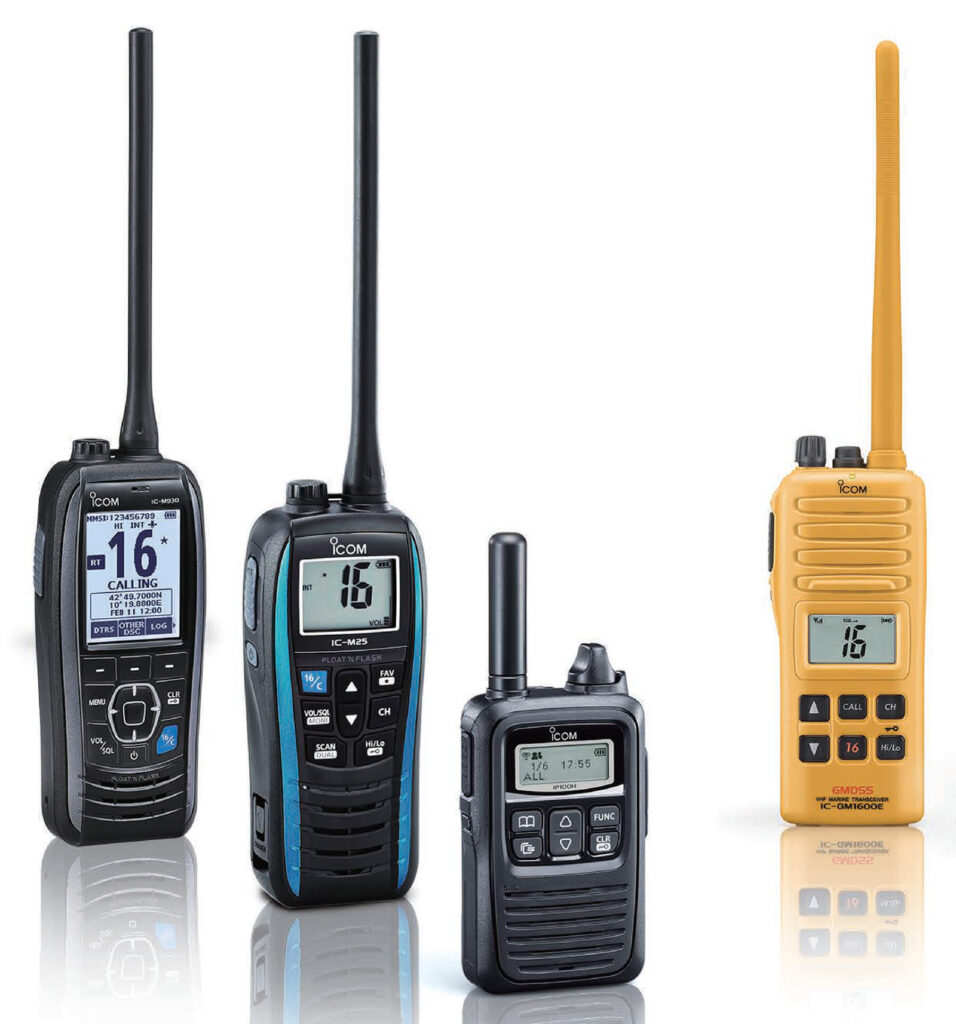Handheld VHF maritime radios have evolved significantly in the last few years from merely portable communications tools to something more helpful. Several security features previously exclusively accessible on fixed marine radios may now be found on mobile VHFs thanks to technological advances, battery life, and screen clarity.However, suppose you’re willing to add the handheld marine VHF to your crew. In that case, you need to go through the below-mentioned points of consideration to be assured of the best marine VHF device.
Tips to choose the most suitable Handheld Marine VHF

- Waterproof: Any VHF with “water-resistant” labeling must be switched to a waterproof one. It needs to be handled with great care, and many advancements have been made. A watertight and GPS IPX7 standard-rated VHF is the best tool to choose.
- Floating: The effects of non-floating maritime electronics on man overboard should be apparent. It’s lovely that your portable VHF or GPS is waterproof if you only submerge it briefly in mild, pure, shallow water. A floating unit is preferable to float collars or cases.
- Viewability in daylight: Backlight intensity, display size, and anti-reflective panels affect how well you can see the monitor in direct sunshine. The screen’s two sides and the LCD panel’s surface are the three surfaces that can produce reflection or glare. Ask the shopkeeper to turn it on.
- Battery’s life: The stated battery life must be weighed against the functions offered. Read the operating time specifications and contrast comparable units. Remember that with radios, “transmission time,” which is the time you spend speaking, is less than “standby time.”
- Audio: Milliwatts are used to measure sound output (mW). Given the noise from the wind, ocean, and engines, more means louder radios, which is significant. Clarity is more difficult to gauge. Turn on the radio you’re thinking about and choose the weather channel. Then change the volume from off to complete and give it a try.
- Power: Greater output power often does not equate to a more excellent range. All handhelds give the same potential range on VHF because it is a line of sight. However, increased radio transmissions on the increasing congested VHF frequencies will make it harder for the signals to be received without higher strength, measured in watts. (This is why considerate boaters always switch to low power.)
Frequency monitoring, weather reporting, GPS connectivity, and the capacity to remotely transmit distress signals are increasingly frequently seen in features. We hope our tips will help you in making the best purchase.




